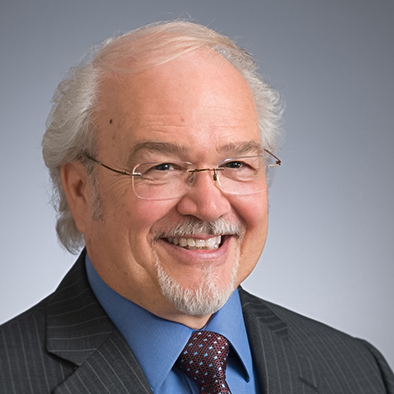Moderator and Panelist

Dr. Joseph Runzo-Inada
ジョセフ・ランゾウ・イナダ博士
Session 4
"Resilient Society"
Panelist
Curriculum Vitae
Dr. Joseph Runzo-Inada PhD is the Chief Resilience Officer and Head of the Office of Strategic Planning and Resilience for Toyama, Japan. He was educated at the University of California, Irvine, University of Michigan, and Harvard University, is the author of 10 books, and was elected a Life Member of Cambridge University’s Clare Hall College. He works with OECD and the United Nations, and authored Toyama’s successful applications to the Rockefeller 100 Resilient Cities initiative and the World Bank City Partnership program. He is the principle author of Toyama’s “Resilience Strategy 2050”, developed under the auspices of the 100 Resilient Cities Program.
Abstract
Toyama’s Resilient Society Strategy for 2050
Dr. Joseph Runzo-Inada
Chief Resilience Officer and Head of Strategic Planning and Resilience
Toyama City, Japan
What is a resilient society and how can a resilience society be achieved?
Toyama is recognized by the Japanese national government and by international organizations like 100 Resilient Cities, The World Bank, OECD and the United Nations as a leading model for city resilience. Designated a National Japanese SDGs Future City, chosen as the first World Bank Partnership City, and designated by OECD as a one of five outstanding compact cities in the world, Toyama recently completed a “Resilience Strategy 2050” as one of the Rockefeller 100 Resilient Cities.
Urban resilience is the capacity to not just overcome shocks and stresses but to learn how to better meet the challenges of future shocks and stresses. Toyama’s “Resilience Strategy 2050” delineates a strategy of interconnected visions and long term initiatives in an integrative, comprehensive and holistic approach for achieving a resilient city and society. The four interrelated elements of Toyama’s resilience are “resilient people”, “resilient infrastructure”, “resilient prosperity” and “resilient environment”, where the preeminent focus is on the resilience of Toyama’s citizens. The underlying lesson is that Toyama’s success is fundamentally not about policies, priorities or programs; it is about nurturing the resilient spirit of its citizens. After articulating some of Toyama’s salient policies, initiatives and mechanisms to meet the challenges of shocks and stresses facing the city, we will look at aspects of the communal spirit, social outlook, and management style which form the resilience backbone underlying the past, present, and any future success of those specific policies, initiatives and mechanisms.
The Toyama “Vision for People” is to continuously develop and promote a flourishing, mutually supportive community for all generations. This strengthens social bonds, enhances civic pride, and increases opportunities for self-realization regardless of age, gender or disability. This is Toyama’s social vision of self support and mutual support which will be passed on to the next generation. While some aspects of resilience are quantifiable, others are not. It is essential that the city maintain strong civic pride, exceptional community bonds, and a deep and abiding commitment among our citizens to self realization of oneself and of others – qualities of “heart” which are not fully measurable. They are also foundational for the consensus management style, unusually strong working relationship the city government has with the business community, Toyama’s wide stakeholder involvement, and our drive for a long range city plan which supports all segments of society and all regions of the city and foregrounds the deep relationship between the city and the natural environment.
